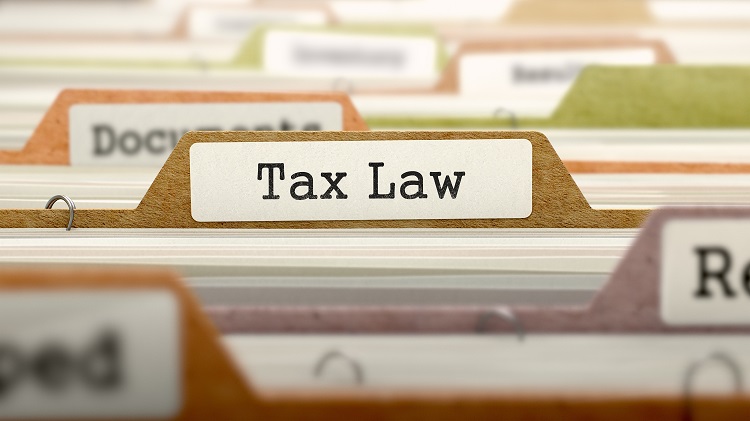In response to demand from the EU council and OECD, Belize through the years has implemented necessary tax reforms to remove its harmful tax practices, as in the opinion of these bodies, and to comply with international norms.
A Belize international business company (IBC) no longer benefited from automatic tax exemption status. Since the beginning of 2019, like domestic entities, the tax treatment of international business companies is mainly governed by Belize Income and Business Tax Act (IBTA).
In this article, we will summarize key changes of the Belize tax regime for an IBC.
Belize maintains a dual system of taxation, under which IBTA mainly resolves around 2 types of tax:
- Corporate income tax (CIT) assessed on chargeable income; and
- Business tax (similar to VAT) calculated based on gross income or turnover.
For the last 2 years, Belize has undergone significant changes to its tax treatment for an IBC. Namely, there were two tranches of the amendment into its IBTA in 2018 and 2019.
1. Belize IBTA amendment released in Dec 2018 and came into effect on 1 Jan 2019
In December 2018, Belize amended its International Business Companies Act to eliminate ring-fencing and preferential tax treatment for offshore companies.
The amendment remarked a transformation of the Belize tax system into territorial basic in which foreign-sourced income is exempted from all kinds of tax in Belize.
1.1. CIT tax treatment under this amendment:
- General income tax rate in Belize is set at 25%.
- For petroleum operation, CIT is 40%
- For IBCs and companies operating in Designated Processing Areas (DPA), CIT shall be:
- 1.75% for chargeable income exceeding 3mil BZD
- 3% for chargeable income less than 3mil BZD
Importantly, where a company is engaged in a trade, business, or profession where the revenue or income is derived outside of Belize, the company shall not be liable for payment of income tax in Belize.
1.2. Business tax treatment under this amendment:
The business tax rates vary for different types of income and are stipulated in the ninth schedule in the principal act (IBTA).
Moreover, business tax shall NOT apply to:
- Persons or companies engaged in petroleum operations;
- IBCs engaged in a trade, business, or profession if the revenue or income is derived outside of Belize;
- Companies developing or operating in a designated processing area (DPA).
Despite the country’s aggressive steps toward improving its tax legislation, Belize’s new foreign source income exemption regime was still considered retaining harmful features with respect to ring-fencing and limited scope of economic substance applied to entities benefiting from tax exemption, just to name two.
This led to a further amendment in its IBTA and the introduction of new economic substance legislation in late 2019.
2. Belize latest IBTA amendment released in Dec 2019 and came into force on 1 Jan 2020
2.1. CIT tax treatment under this amendment:
Starting from 1 Jan 2020, no income tax shall be payable upon the chargeable income of a company, other than a company engaged in petroleum operations.
2.2. Business tax treatment under this amendment:
Effective from 1 Jan 2020, every individual, self-employed person, professional, firm, or partnership will be subject to business tax on all receipts regardless of receiving in or out of Belize.
There are three cases where a company will be discharged from business tax:
- Companies engaged in petroleum operations;
- An approved company under the Designated processing area (DPA);
- Tax resident in other counties not named in EU annex I for tax purposes and not have a PE (permanent establishment) in Belize. And the company has to provide sufficient evidence of its tax residency abroad to claim this tax exemption. In addition, foreign sources’ income has to come from a Permanent Establishment (PE) of the source state (country where the income is derived) to be eligible for the benefit.
In order for an IBC to qualify for business tax exemption, it must provide supporting documents to demonstrate its tax residence in another country. However, further guide on documents, timeline, and procedure for proving foreign tax residency is still under development.
To conclude, all Belize IBCs will now be subject to business tax on turnover unless an IBC can provide proof of its foreign tax residence and it must derive foreign-sourced income from a PE in the source state.
Should you have any questions about tax liability of an IBC in Belize, please feel free to contact us via service@bbcincorp.com.
Tip
For further information on Belize Tax Guide, you can find out more at Belize Economic Substance Requirements & Tax Guide [Infographic]



